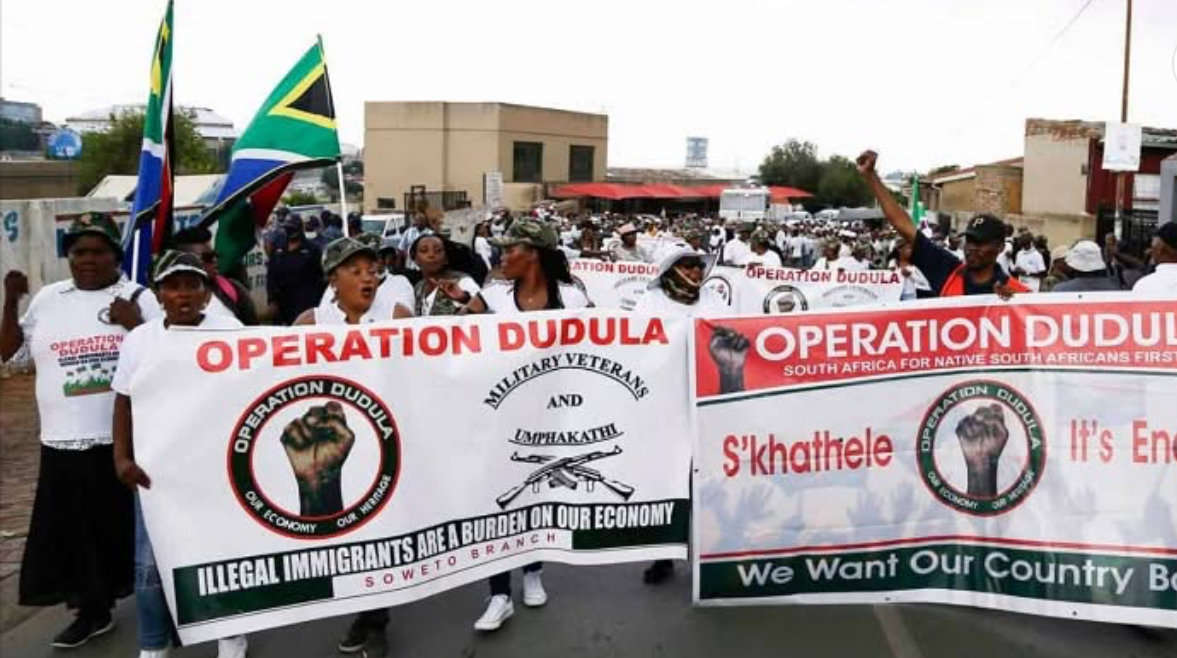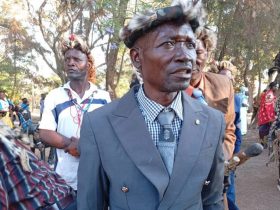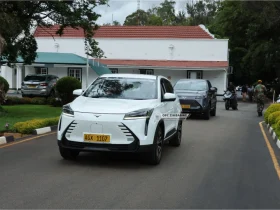Johannesburg, South Africa – The Gauteng High Court has officially barred the controversial movement Operation Dudula from targeting or harassing foreign nationals. The ruling follows multiple reports of intimidation, forced document checks, and discrimination against migrants in different South African communities.
Court’s Decision
The High Court made it clear that only police officers and immigration officials are allowed to demand identity documents from anyone suspected of being an undocumented migrant. Members of Operation Dudula, or any other private group, have no legal authority to carry out such actions.
The order strictly prohibits the group and its leaders from:
- Intimidating, threatening, or assaulting people believed to be foreign nationals.
- Making public or social media statements that promote hate speech based on nationality or ethnicity.
- Blocking access to hospitals, schools, workplaces, homes, or trading spaces for foreign nationals.
A Win for Human Rights
This ruling marks a significant victory in the fight against xenophobia and unlawful vigilante activity in South Africa. The Court emphasized that dignity, equality, and access to basic services are constitutional rights that apply to everyone living in the country — regardless of where they come from.
For neighbouring countries like Malawi, this decision carries strong significance. Many Malawians living and working in South Africa, particularly in creative, business, and informal sectors, have previously faced discrimination. The judgment therefore sends a powerful message that migrant communities must be protected under the law.
Next Steps
Operation Dudula has been ordered to inform all its members and branches about the ruling to prevent further unlawful actions. The Court also clarified that no private citizen or group may act as law enforcement or immigration officers.
Regional Impact
For Malawian creatives, entrepreneurs, and workers in South Africa, this ruling strengthens the environment for safe collaboration and fair economic participation. As platforms like Mikozi continue promoting arts, innovation, and cross-border exchange, the decision reinforces that progress in Africa depends on unity, respect, and inclusivity.











Leave a Reply